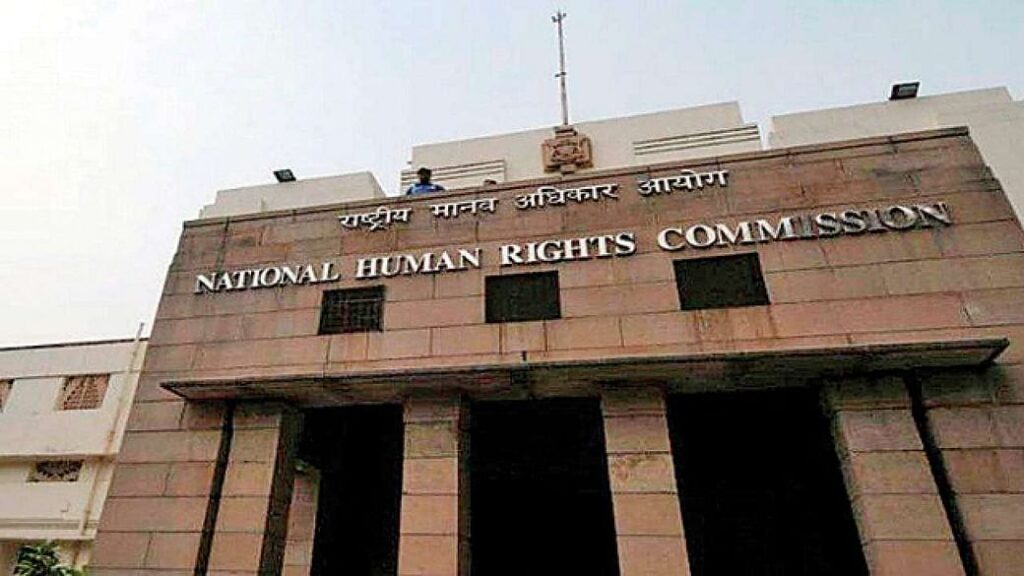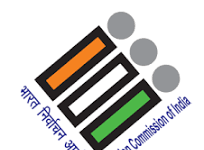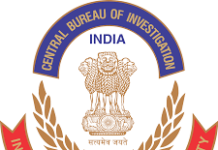
The National Human Rights Commission (NHRC) has asked the government to boost women’s involvement in international forums and key events such as peace talks, global security, foreign commerce, and climate change.
It has asked the ministry of external affairs to have a gender-inclusive staffing pattern and, if required, through gender quotas. “For this, monitoring of foreign policies needs to be done for gender balancing of skewed ratios, wherever found,” the NHRC said.
The recommendations were made by the NHRC’s Core Group on Women, which met on September 14 to discuss the dismal representation of women at international forums.
Representatives from the ministries of external affairs, personnel, women and child welfare, and the NHRC attended the meet.
The attendees noted that there has been no policy in the country on the participation of women at international forums. Even the Draft National Policy on Women 2016, does not have any component that encourages women’s participation and their representation at international forums.
The group asked the ministry of personnel to incorporate a specific policy component on women’s participation at the international level in the Draft National Policy and form a working group to identify structural issues.
Some members pointed out that there’s a lack of opportunities for women from fields other than foreign service officers in representing India at the international level, such as at UN bodies. They said that women have not been nominated to date to the post of Sherpa at G20.
Also, there is limited access for women entrepreneurs engaged in the MSME (micro, small and medium enterprises) sector to contribute to India’s foreign trade policy. The NHRC asked the MSME ministry to promote women entrepreneurs at the international level.
It said the Prime Minister’s Office and the ministry of home affairs should realise their commitment and work towards obligations under Article 8 of CEDAW (Convention on the Elimination of All Forms of Discrimination Against Women). The UN General Assembly adopted the convention in 1979.
Article 8 of CEDAW says the “state parties shall take all appropriate measures to ensure to women, on equal terms with men and without any discrimination, the opportunity to represent their governments at the international level and to participate in the work of international organisations”.
The NHRC said thrust should be put on a stronger commitment to mainstream gender at the policy level, especially in matters of security, since India is a Non-Permanent Member of the UN Security Council.
It asked the ministry of education to introduce an updated curriculum to teach in schools and colleges about the contribution of 15 women, who were in the constituent assembly, to sensitise students about gender parity.






